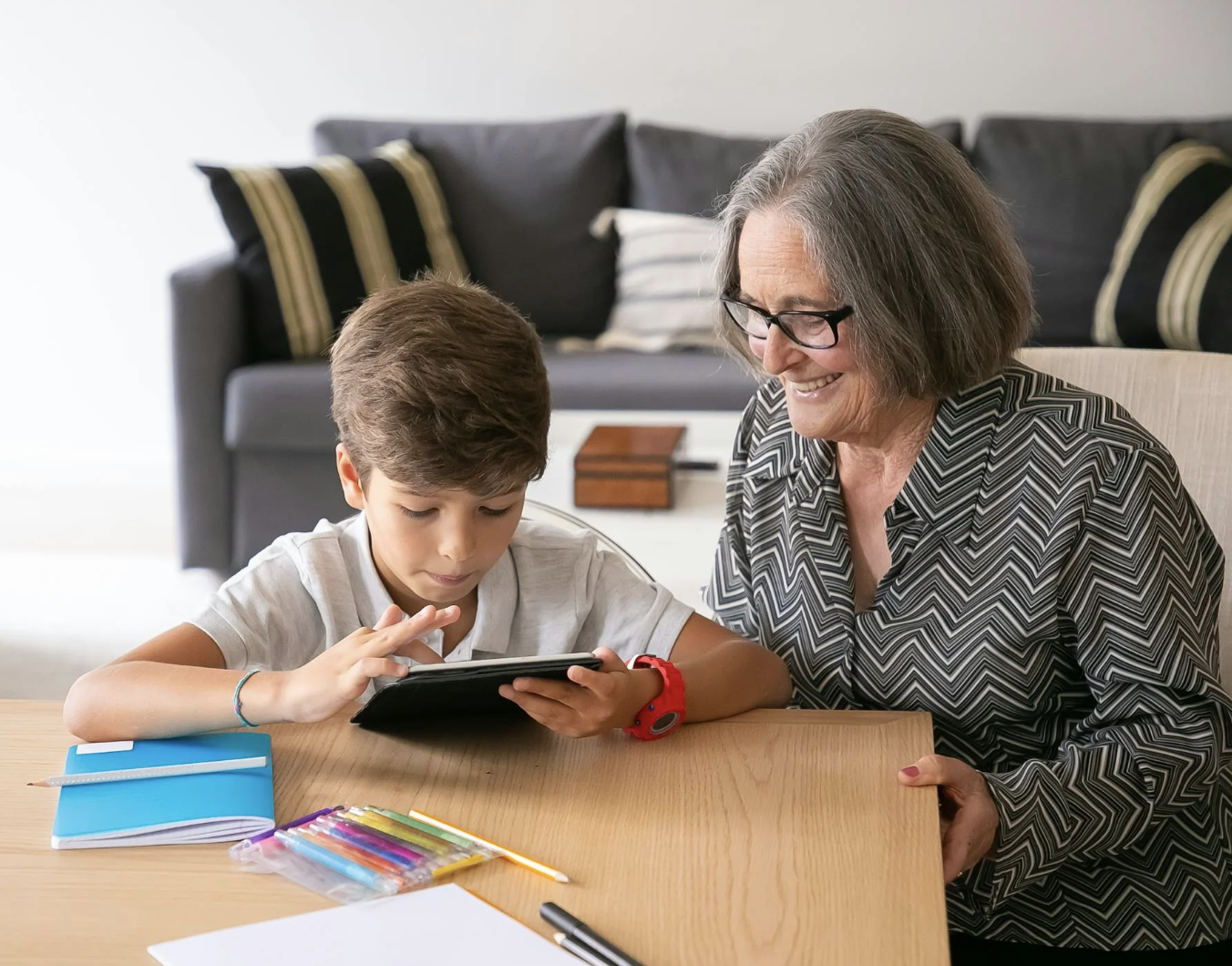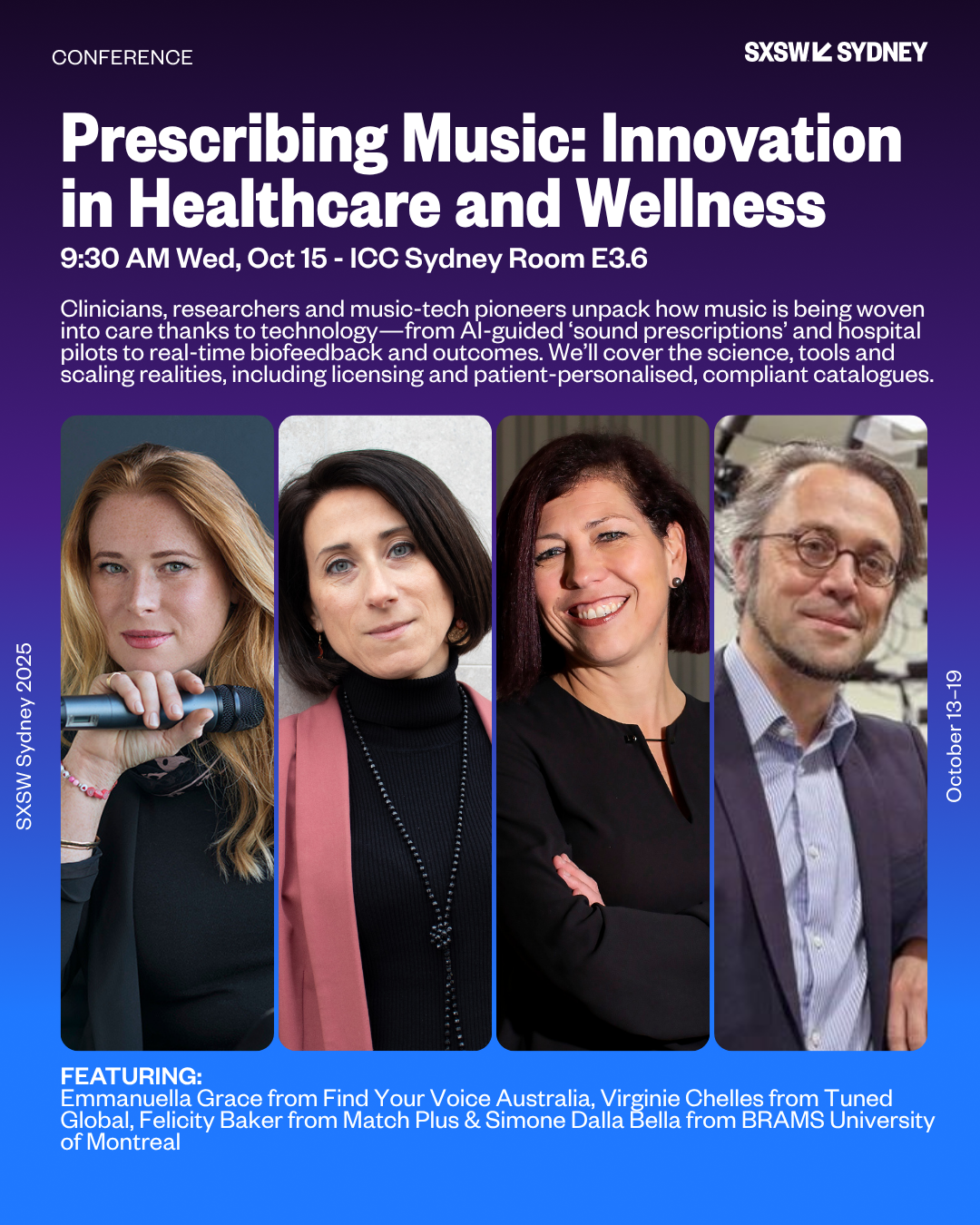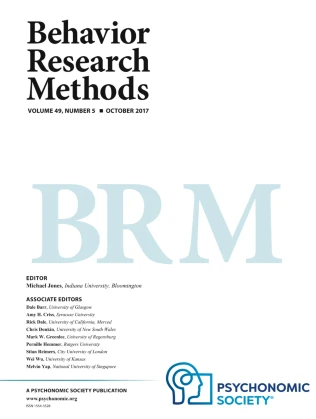Humans have a natural proclivity to move to the beat of music. This is a widespread ability in the general population. The Dalla Bella Lab studies individual differences in beat perception and synchronization, and auditory-motor skill learning in music, in healthy individuals and clinical populations. One of our research goals is to uncover the mechanisms underpinning individual differences in hearing and moving to the beat. This interest extends from the fundamental workings of perception and synchronization to relations with more general cognitive functions such as attention and executive functions. Moreover, our research emanates from the idea that beat perception and synchronization play a pivotal role in auditory-motor learning and relearning of music and non-musical abilities. A second goal is to develop theory-driven interventions based on beat perception and synchronization protocols for improving motor and cognitive functions in clinical populations.
Supporting these aims, we use an array of state-of-the-arts methods for measuring behavior (psychophysical and cognitive tasks), motor performance (motion capture and soon virtual reality), brain activity and plasticity (EEG, TMS, fMRI), and online experiments. Recently, we have expanded our approach to embrace the development of mobile technologies for measurement and training. This includes dedicated apps, musical serious video games, and the elaboration of personalized training protocols.









